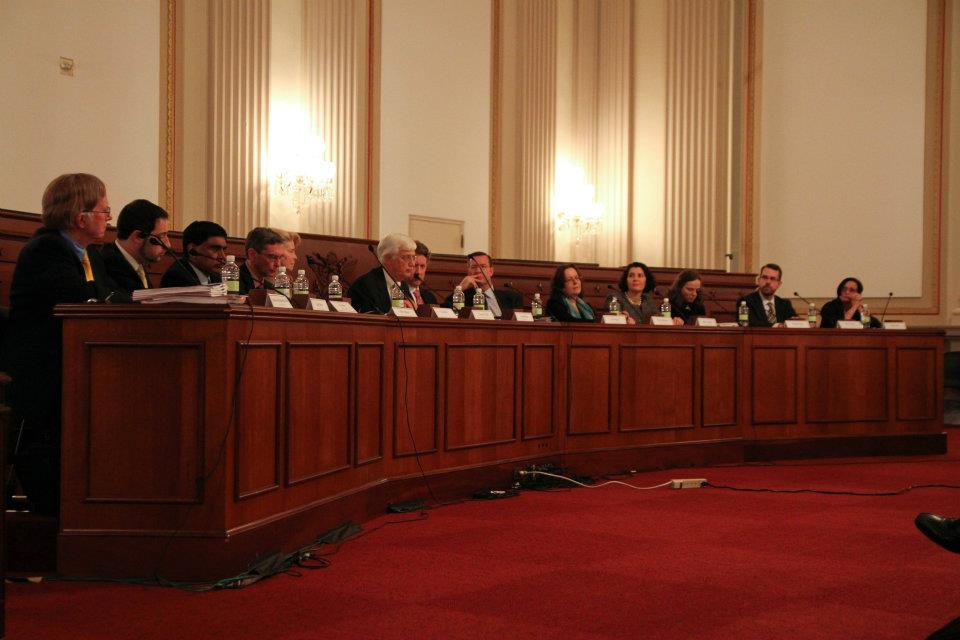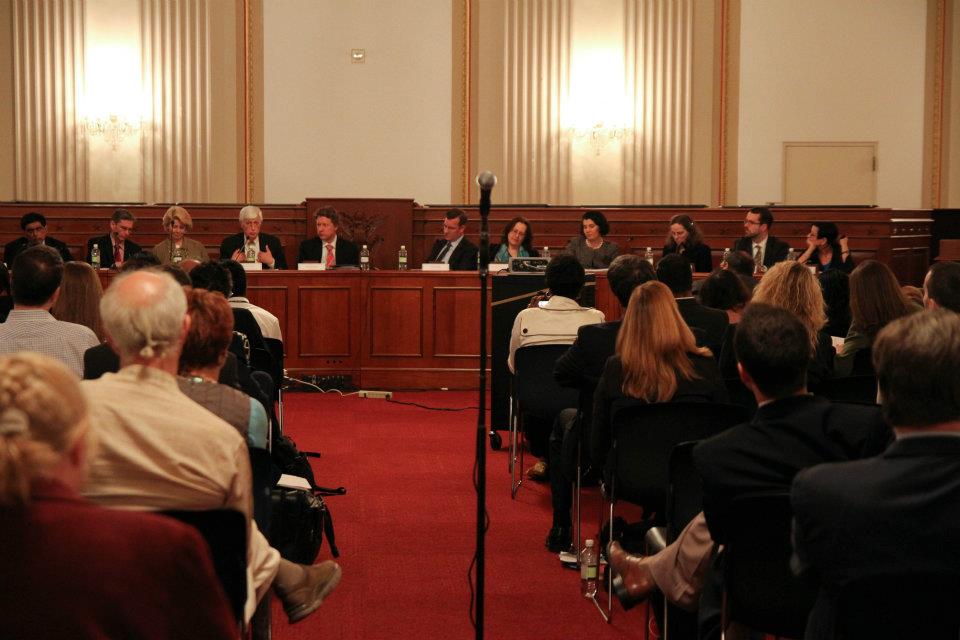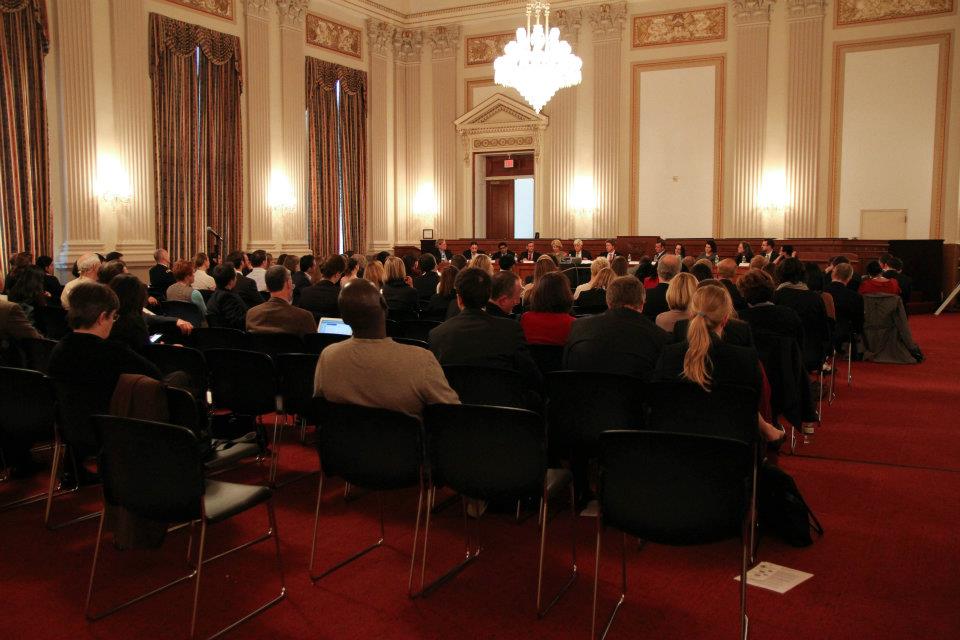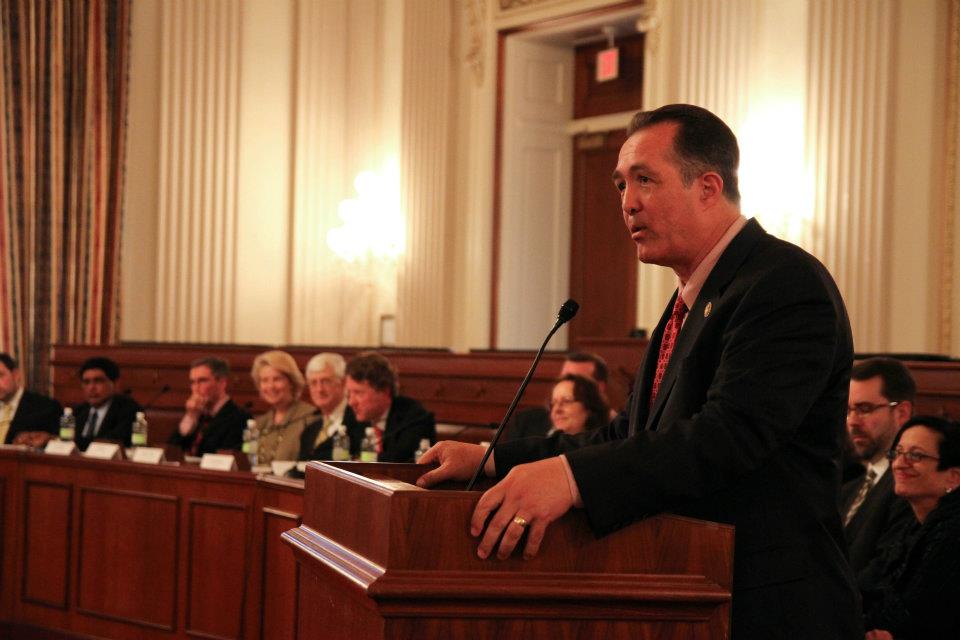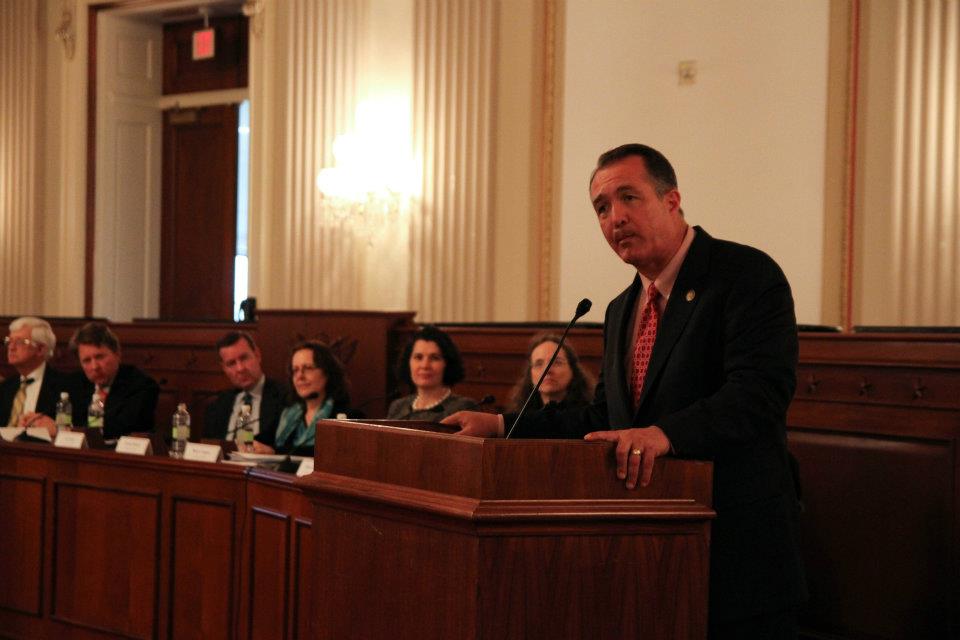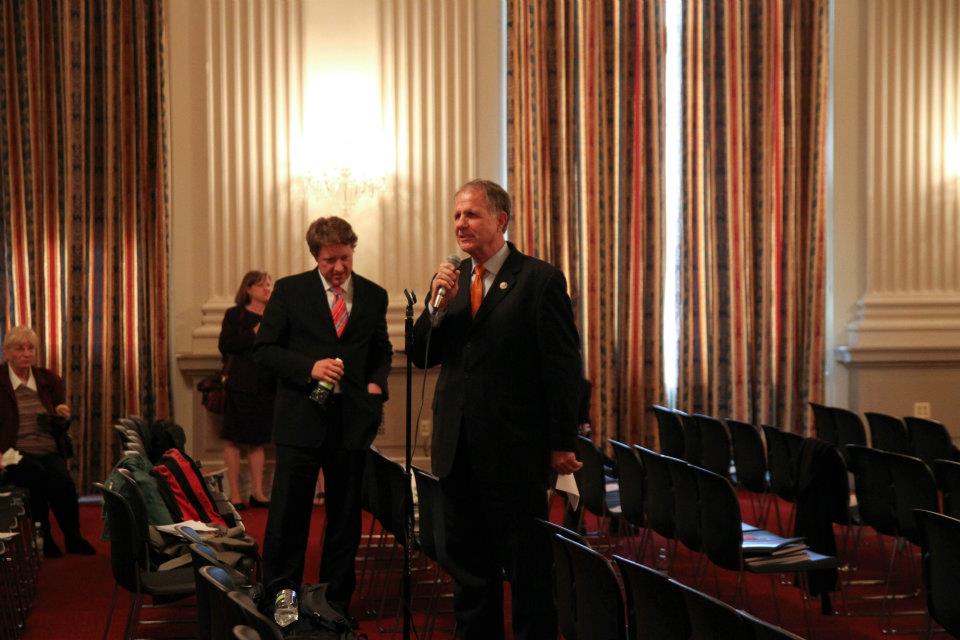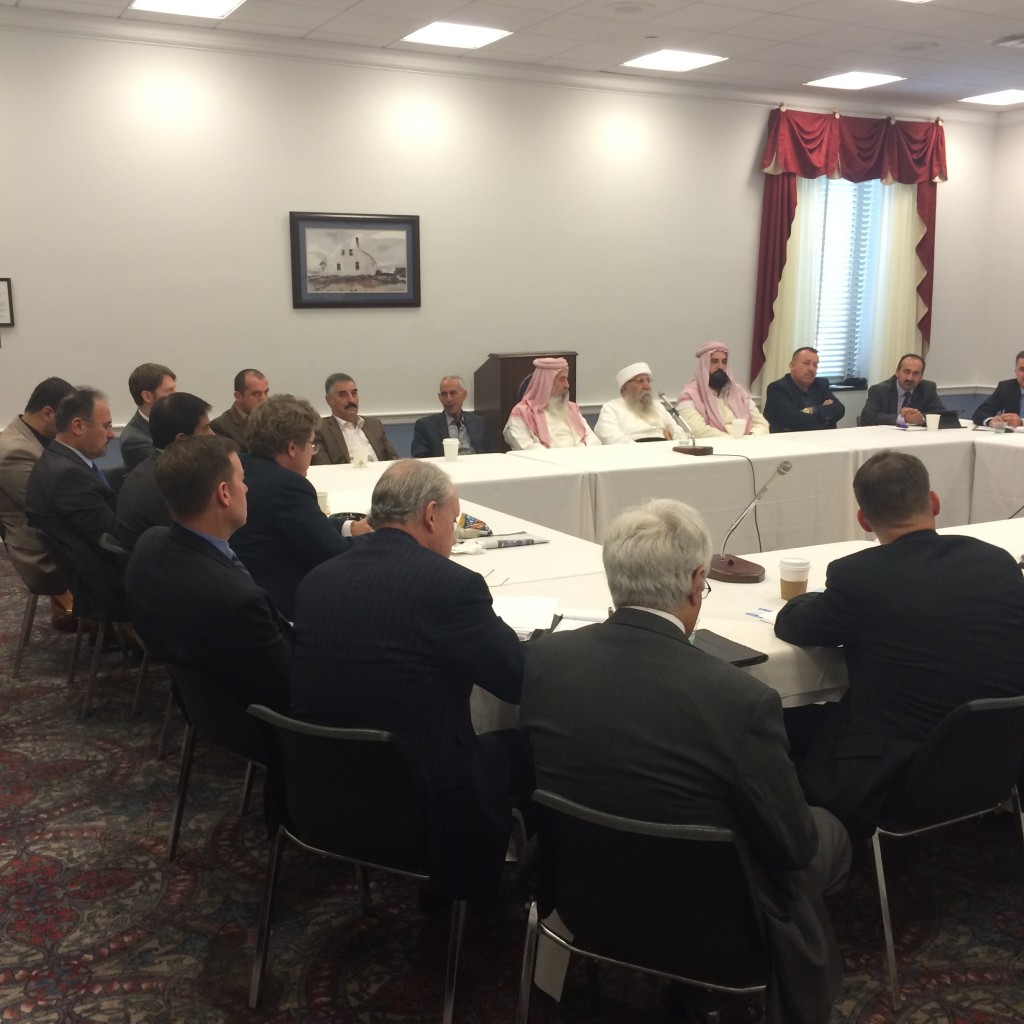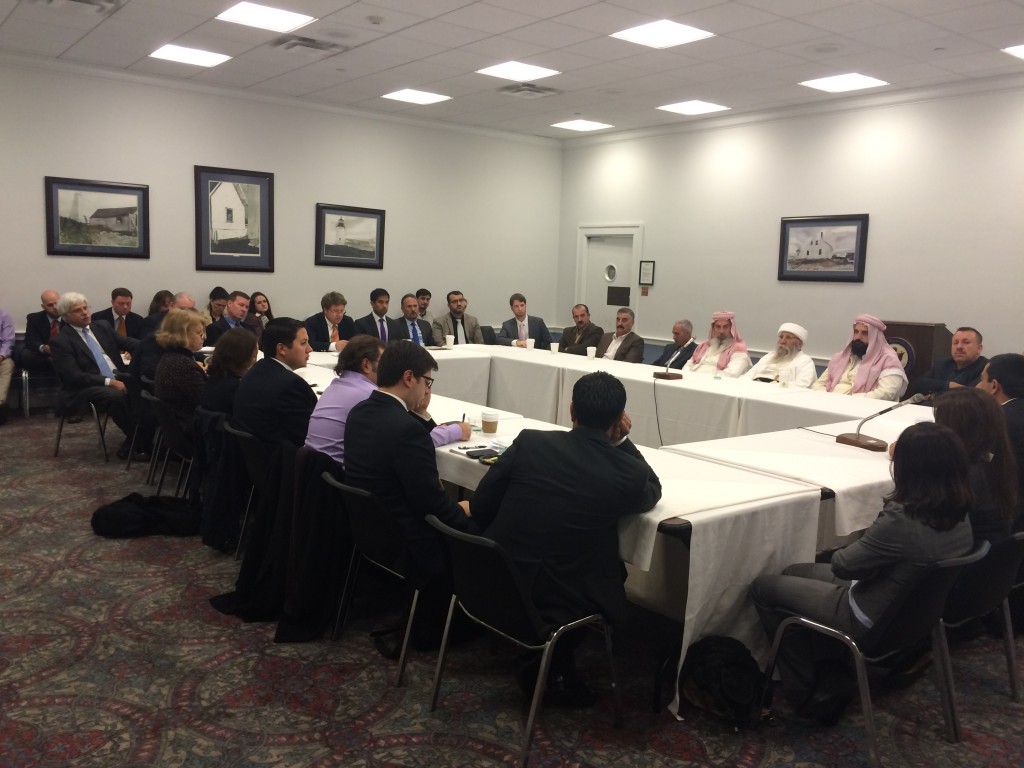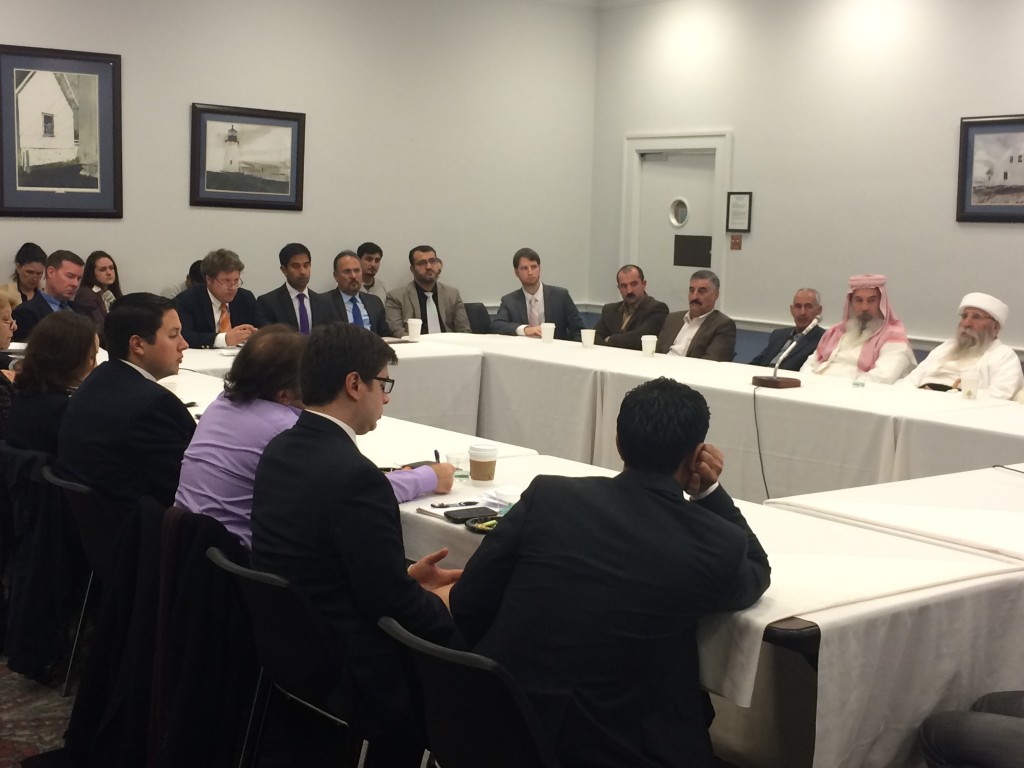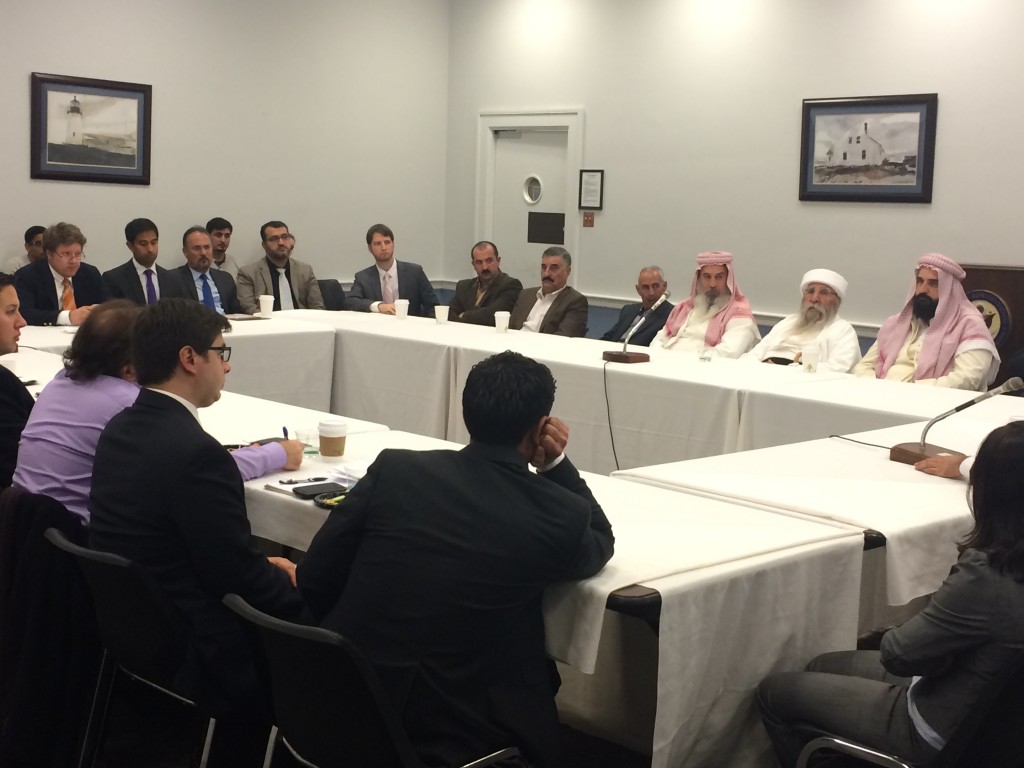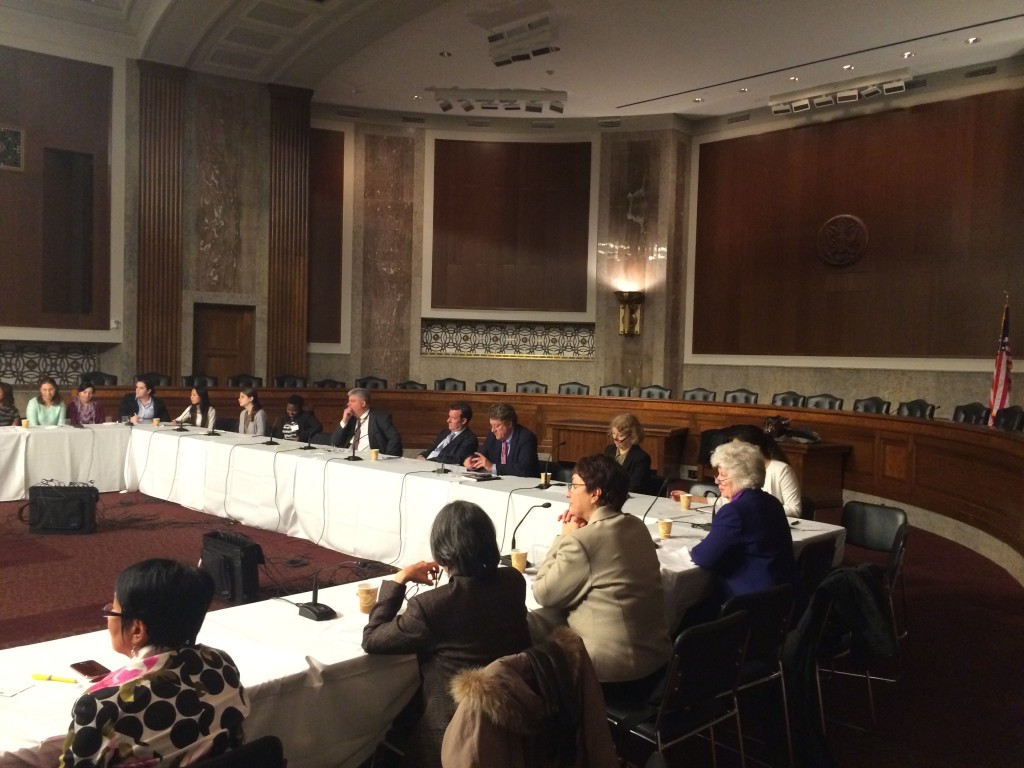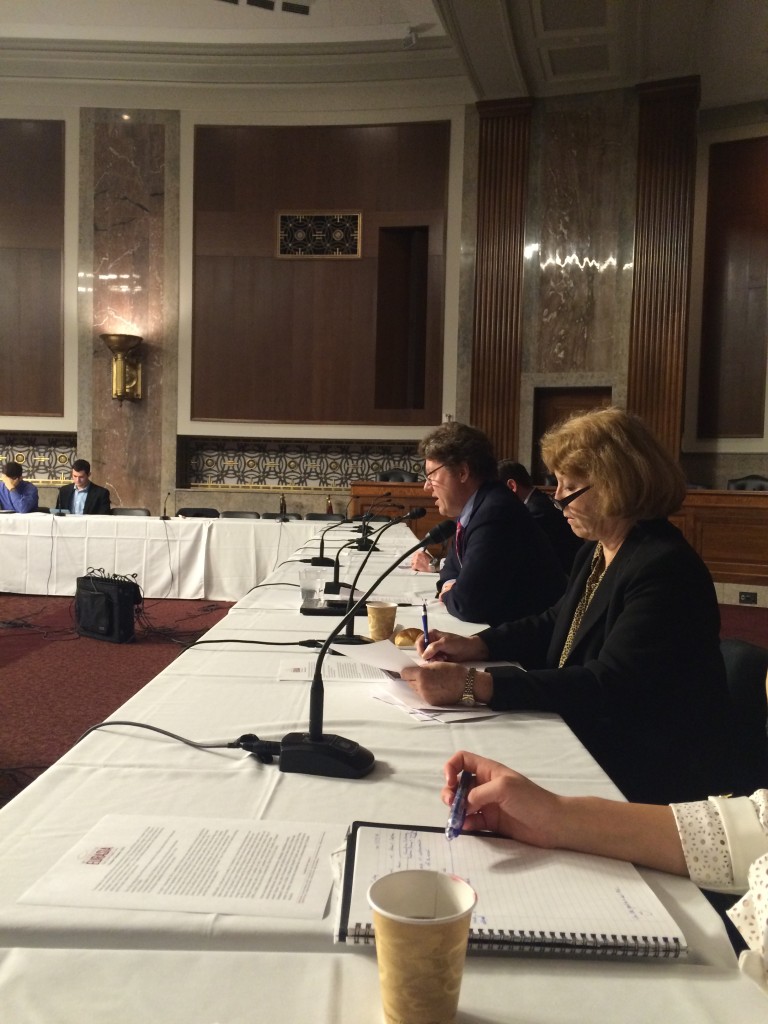To strengthen U.S. foreign policy, increase national security and secure your rights and freedoms, the Firm coordinates the International Religious Freedom (IRF) Roundtable and has been working with non-governmental organizations (NGOs) and individuals of all faiths (and none), along with the U.S. government, to advance international religious freedom and thereby counter violent extremism and terrorism.
Considering what is happening in the world today, no work is more important than this. Borrowing from some of the best research and thinking on this topic…
Religion is clearly part of the problem—and just as clearly it is a necessary part of any sustainable solution. We live in a truly globalized and religious world in which:
Religious freedom in both law and culture is of vital importance to every individual and society.
- It is indispensable to individual human dignity; and,
- It strengthens culture and provides the foundation for a stable democracy and its components, including civil society, economic growth, and social harmony.
As such, religious freedom is also the ultimate counter-terrorism weapon, preemptively undermining religious extremism.
- From Cyrus’ Cylinder to Roger Williams’ 1663 Colonial Charter, history and modern scholarship make it clear that where people are allowed to practice their faith freely, they are less likely to be alienated from the government and society, and more likely to be good citizens; and
- Where there is more religious freedom, there is more economic development, more women’s empowerment, and more political stability.
But religious freedom is in global crisis.
- According to the Pew Research Center’s latest annual study on global restrictions on religion, 77% of the world’s population lives in countries with a high or very high overall level of restrictions on religion in 2013, up from 76% in 2012 and 68% in 2007.
We suffer from a global lack of leadership and failures of governance that make it increasingly difficult to confront this deepening crisis, implement effective religious freedom policies and practices, and secure fundamental rights and equality of opportunity for all.
- Although most nations have signed international covenants and enacted constitutional provisions that purport to guarantee religious freedom, in truth, almost no nation outside the West has protected that right in practice; and
- Even in Europe, where the origins of religious freedom are buried deep in history, the decline of religion itself has dramatically reduced respect for any public expression of religion.
As a result, there are several unfolding tragedies wracked by religion—e.g., Syria, Iraq and the ISIS crisis, Nigeria, the Central African Republic, Myanmar, and even Russia-Ukraine—and things are getting worse.
- The essence of the primary threat facing the U.S. and the world is terrorists motivated by their understanding of Islam; and
- The situation in the Middle East is unprecedented—virtually every country from Libya to Afghanistan is involved in a military conflict, and the degree of chaos is mind-boggling.
A new citizenship, governance and leadership paradigm is needed, and it must be global in nature since today’s challenges cannot be significantly addressed, let alone solved, by any single state (governmental) or non-state (non-governmental, including NGOs) actor. Indeed:
- Our common challenges transcend borders and can only be solved in concert, so we must work to create a context where people can live with their deepest differences.
- If people continue to kill for their religion and die for their faith in a globalized and religious world where 84% of the planet’s inhabitants believe in something greater than themselves, then we must work for the best of faith to defeat the worst of religion.
- We must establish vehicles for people of all faiths and none to work together, and sustainable solutions must involve the “bottom-up” approach of non-state organizations and the “top-down” influence of state governance structures.
- It is civil society leaders who need to step up and lead the way (the citizenship component) in the development of sustainable structures that facilitate inclusive partnerships between the governments and NGOs; and provide safe spaces for ongoing dialogues, scholarship, education and training, and multi-faith engagement and advocacy efforts that will lead to the implementation of effective religious freedom policies and practices (the governance component) around the world.
Fortunately, there are a number of emerging models for sustainable global structures and solutions, and you can read about them and the research and thinking described above, here:
- The Institute for Global Engagement (IGE);
- The Religious Freedom Project at Georgetown University;
- The Institute for Studies of Religion at Baylor University;
- The International Religious Freedom (IRF) Roundtable;
- The International Panel of Parliamentarians for Freedom of Religion or Belief (IPP);
- The All-Party Parliamentary Group for International Freedom of Religion or Belief;
- The International Contact Group on Religious Freedom or Belief; and
- The Berkeley Global Campus.


